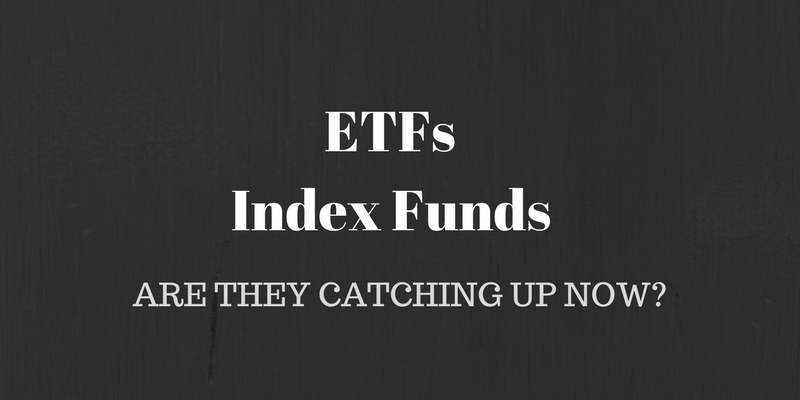This article assumes that you understand active vs passive funds. Click here to read the primer.
Index funds as well as ETFs or Exchange traded funds are very popular in US and Europe. So much so that Vanguard, the largest mutual fund company in the world, offers only ETFs.
ETFs follow a passive management style. They simply mimic the index in terms of its holdings and produce a similar return too. The cost of these funds is very less since there are no fund management charges or active trading involved.
Now, seeing the popularity of these funds, it comes as no surprise when the investor, more specifically, the NRI investor comes asking for ETFs and Index funds to invest in.
The reasoning is clear – beating an index consistently over a period of time is a difficult task. The investor is better off investing in an ETF based on an index thus save expenses and improve his returns.
Let’s test this hypothesis as of today.

